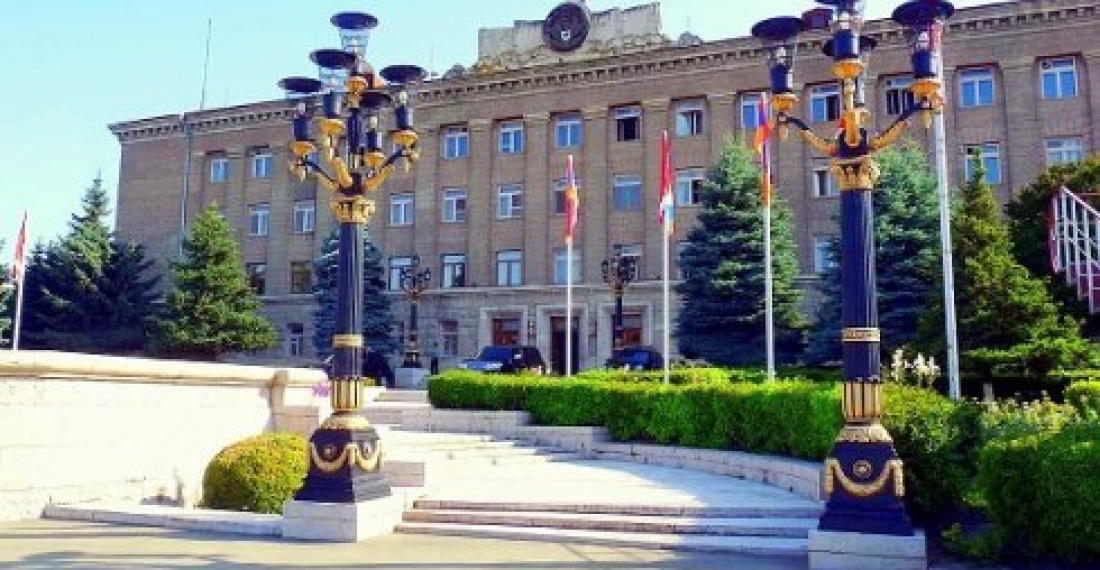Сегодня в Нагорном Карабахе состоится конституционный референдум. Референдум в самопровозглашенной Нагорно-Карабахской Республике должен одобрить конституционные изменения, направленные на введение президентской системы правления. Согласно действующей Конституции, которая была принята в 2006 году, в непризнанной республике сложилась полу-президентская система.
В референдуме смогут принять участие 102,757 избирателей. Согласно данным, опубликованным де-факто властями, голосование состоится на 280 избирательных участках. Также сообщается, что за процессом будут наблюдать 104 иностранца из 30 стран мира.
Однако, международное сообщество не признает проводимый референдум. В своем заявлении в минувшую пятницу, сопредседатели Минской группы ОБСЕ сообщают, что "они осведомлены о так называемом конституционном референдуме, который планируется провести в Нагорном Карабахе 20 февраля 2017". Хотя сопредседатели отмечают, что де-факто власти Нагорного Карабаха смотрят на это, как на попытку организовать общественную жизнь своего населения, они еще раз подчеркивают, что ни одна из стран, в том числе Армении и Азербайджана, не признает Нагорный Карабах в качестве независимого и суверенного государства. Соответственно, сопредседатели не примут результаты референдума, запланированного на 20 февраля, и они не повлияют на правовой статус Нагорного Карабаха. Сопредседатели также подчеркивают, что результаты ни в коей мере не предрешают окончательного статуса Нагорного Карабаха или исход текущих переговоров по достижению прочного и мирного урегулирование нагорно-карабахского конфликта."
Такая же точка зрения была отражена в заявлениях Европейского союза, Соединенных Штатов Америки, Турции, Ирана, России и других.
Источник: commonspace.eu по материалам агентств
Фото: Дом правительства в Степанакерте (фото из архива)






